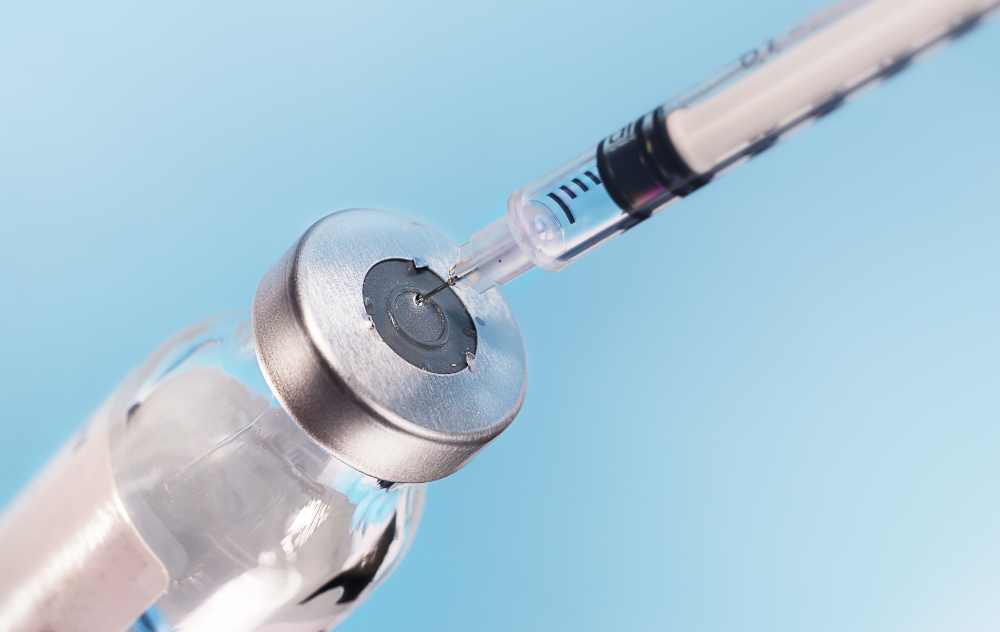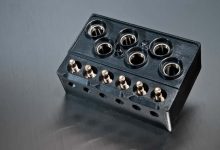The liver, often referred to as the body’s detox powerhouse, plays a vital role in ridding our system of harmful toxins. This remarkable organ has an efficient and intricate process of detoxification that ensures our well-being. The liver carries out this crucial function through two phases: phase I and phase II detoxification. During phase I, enzymes in the liver break down toxins into smaller molecules, making them easier to eliminate. These broken-down toxins then enter phase II detoxification, where they are further processed and transformed into water-soluble compounds that can be excreted from the body.
Phase II Detoxification is a complex process involving several enzymatic pathways in the liver cells. One of these pathways is called conjugation, where certain molecules bind to the toxins or their metabolites.
The Importance of Liver Detoxification
The liver, often called the body’s powerhouse, plays a vital role in detoxifying harmful substances and ensuring our overall well-being. From toxins to triumph, the liver detoxification process is truly remarkable. This intricate system involves various chemical reactions that convert toxic compounds into less harmful substances, which can then be safely eliminated from the body.
Liver detoxification is of utmost importance for maintaining optimal health. Our modern lifestyle exposes us to numerous toxins on a daily basis – from pollutants in the air we breathe to chemicals in processed foods. Without proper detoxification, these toxins can accumulate in our bodies and lead to various health issues such as fatigue, digestive problems, and even chronic diseases like liver damage or cancer.
Fortunately, our liver has evolved over millions of years to efficiently handle this toxic load. The first phase of detoxification involves enzymes breaking down toxic compounds into smaller molecules.
Understanding the Liver’s Role in Detoxification
The liver, often referred to as the body’s detox powerhouse, plays a fundamental role in removing harmful substances and toxins from our system. This remarkable organ acts as a filter that neutralizes and eliminates various chemicals, drugs, alcohol, and waste products that enter our body. Understanding the liver’s role in detoxification is crucial for comprehending how this intricate process ensures our overall well-being.
At the core of its detoxifying abilities lies an intricate network of cells called hepatocytes within the liver. These specialized cells produce enzymes responsible for breaking down toxins into less harmful substances that can be easily eliminated from the body through urine or bile. Additionally, hepatocytes are equipped with receptors that recognize harmful compounds circulating in our bloodstream and capture them for further processing.
The Three Phases of Liver Detoxification
The liver is an unsung hero when it comes to our overall health and well-being. One of its most remarkable functions is detoxification, a complex process that helps rid our bodies of harmful substances. Understanding the three phases of liver detoxification can shed light on just how incredible this organ truly is.
Firstly, the liver’s Phase I detoxification involves a series of chemical reactions known as oxidation, reduction, and hydrolysis. These reactions transform toxins into less harmful substances in preparation for elimination. This phase relies on enzymes called cytochrome P450, which neutralize toxins by making them more water-soluble. However, this transformation sometimes produces even more toxic intermediates before they are further metabolized in Phase II.
Key Nutrients that Support the Detox Process
The liver, one of the most vital organs in our body, plays a crucial role in removing harmful toxins and waste products. Its remarkable detoxification process involves several key nutrients that support its optimal functioning. One such nutrient is glutathione, a powerful antioxidant that aids in neutralizing toxins and protecting the liver from damage.
Another key nutrient is vitamin C, known for its immune-boosting properties. It helps stimulate the production of detoxifying enzymes in the liver and enhances its ability to eliminate toxins effectively. Additionally, B vitamins like folate and B12 are essential for liver health as they assist in breaking down homocysteine—a harmful substance that can damage blood vessels—and aid in detoxification processes.
Lifestyle Practices for Optimal Liver Health
The liver is a powerhouse organ that plays a crucial role in our overall health and well-being. From filtering toxins to metabolizing nutrients, it works tirelessly to keep our bodies functioning optimally. But how exactly does the liver detoxify itself? In this article, we will delve into the remarkable liver detoxification process and explore lifestyle practices that can enhance its function for optimal liver health.
At the core of the liver’s detoxification process lies a complex network of enzymes and biochemical reactions. These processes work together to neutralize harmful substances, such as drugs, alcohol, pollutants, and even metabolic waste products produced by our own cells. The first step involves transforming these toxic compounds into more water-soluble forms that can be easily excreted from the body. This is followed by a series of chemical reactions that further break down these substances into harmless byproducts.
Common Signs of a Compromised Liver
The liver, a vital organ responsible for numerous essential functions, plays a critical role in detoxifying the body. By removing harmful toxins and waste products from our bloodstream, the liver safeguards our overall health and well-being. However, when this remarkable detoxification process is compromised, it can lead to various detrimental consequences. Recognizing the common signs of a compromised liver is crucial for timely intervention and restoration of its optimal functioning.
One prevalent sign of a compromised liver is fatigue. Since the liver is responsible for converting food into energy, any dysfunction can result in extreme tiredness or lack of energy throughout the day. Additionally, individuals with a compromised liver may experience frequent digestive issues such as bloating, indigestion, or constipation.



